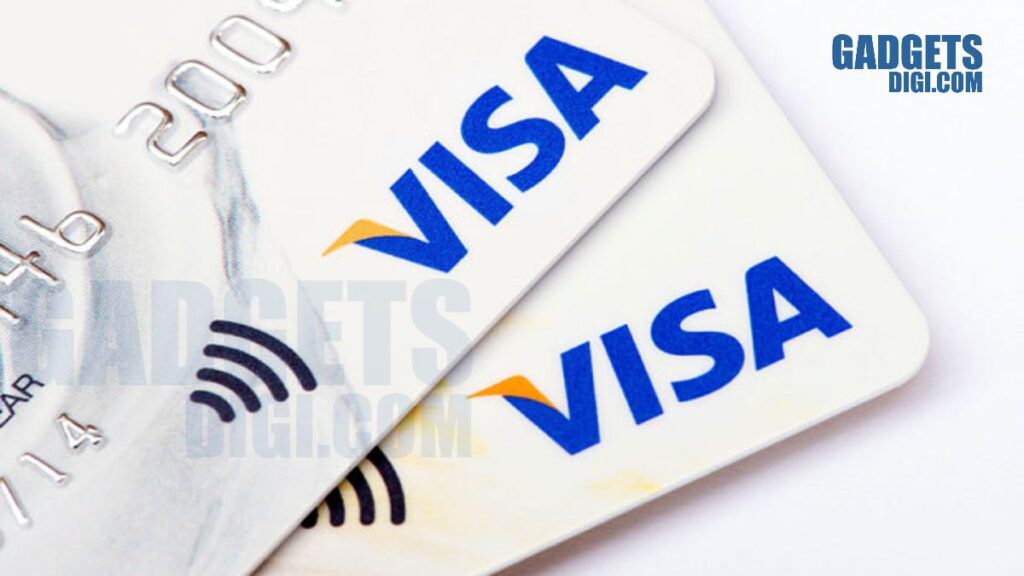Shares experienced a decline on Tuesday following the U.S. Department of Justice’s lawsuit, which accuses Visa of violating antitrust laws by stifling competition through intimidation of merchants with excessive fees and incentivizing potential competitors.
As one of the largest payment networks globally, Visa processes over 60% of debit transactions in the United States, generating approximately $7 billion annually from fees associated with transactions on its network, according to the Justice Department. Prosecutors claim that Visa maintains its market dominance through various agreements with card issuers, merchants, and rival companies.
Julie Rottenberg, Visa’s general counsel, asserted that competition in the debit market is robust, labeling the allegations as baseless and stating that the company will defend itself vigorously.
“When businesses and consumers opt for Visa, it is due to our secure and dependable network, exceptional fraud protection, and the value we deliver,” she remarked.
The initiative to address these fees, often referred to as swipe or interchange fees, aligns with the Biden administration’s strategy to tackle escalating consumer prices, a significant concern in the upcoming presidential election on November 5 between Democrat Kamala Harris and Republican Donald Trump.
Attorney General Merrick Garland emphasized in a statement that Visa’s alleged unlawful practices impact not only the cost of individual items but also the overall pricing of goods and services, as merchants and banks typically transfer payment network expenses to consumers.
The Justice Department indicated that Visa’s purported anticompetitive actions began around 2012, coinciding with the entry of new competitors into the payments sector following reforms that mandated card issuers to support unaffiliated networks.
Prosecutors allege that Visa entered into lucrative agreements with potential fintech competitors, including Apple, PayPal, and Square, to prevent them from launching products that could challenge its market position.
PayPal declined to comment on the matter on Tuesday, while Apple and Block did not respond to inquiries.

